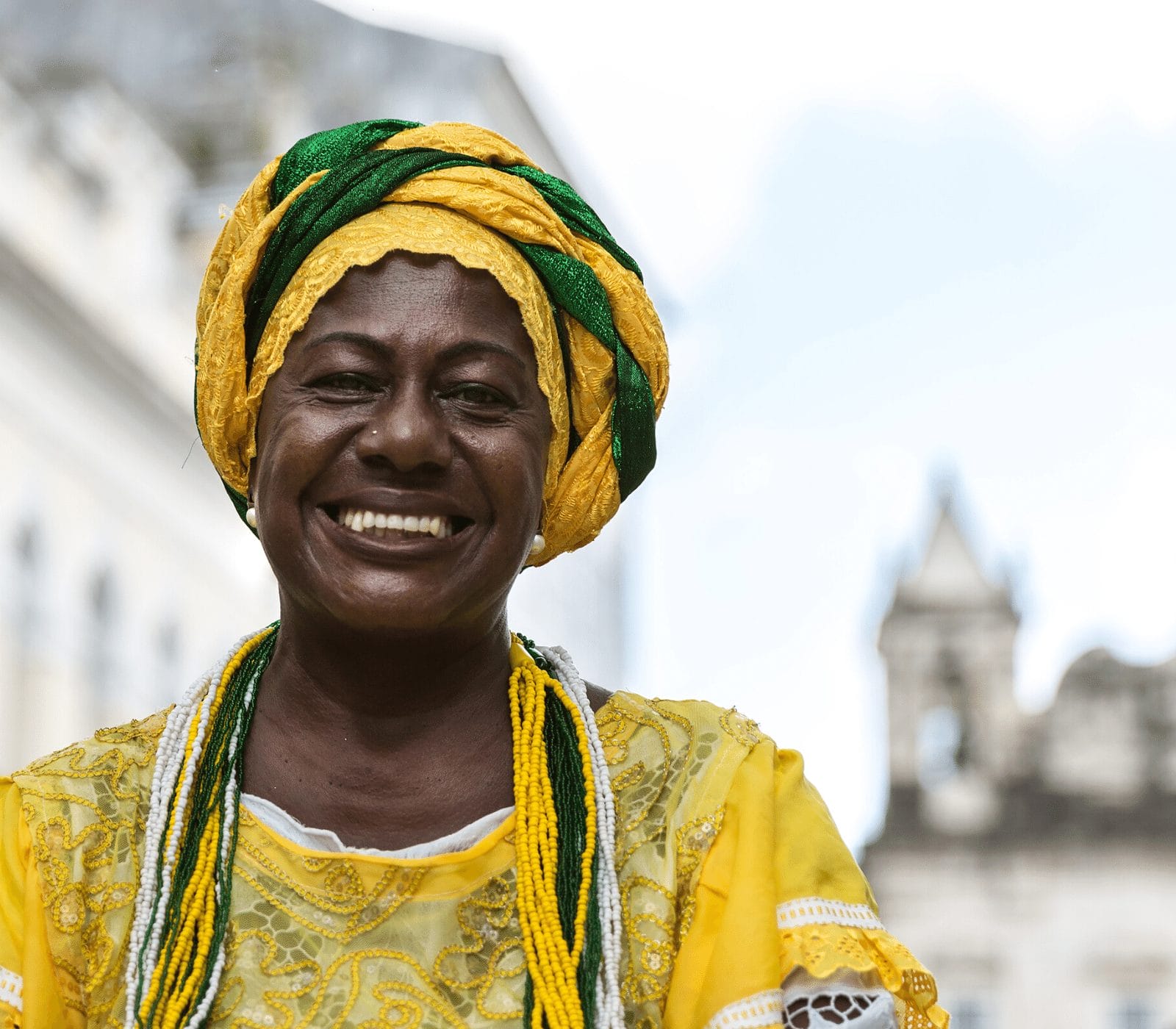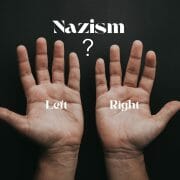Celso de Carvalho – Roots and Antennas

Celso de Carvalho is a Brazilian Professor, Scholar, and Cultural Activist. His solid professional experience encompasses an eclectic background. Experienced in dealing with Multinational companies such as Shell Company-Brazil (10 years), Brazil Telecom/Oi (Telecommunications), and wide-ranging of work on the advertising field, product development, media and broadcasting including various show business companies. Celso de Carvalho is the General Director of the International Accordion Festival, Curator and Executive Producer of the” Umbuzada Sonora” Festival and is always involved with music production initiatives.
An Interview with Celso de Carvalho – Roots and Antennas: What Brazil Can Teach the World About Art and Culture
OMTimes: “In 2003, the Brazilian government created an initiative called Points of Culture: thousands of community and arts projects of all sizes and types that would work to strengthen people’s involvement in the life of their neighborhoods and the larger society… The idea came from the legendary musician Gilberto Gil…The very act of having artists in the center of government sent a signal of serious intent. Throughout his ministry poets, playwrights and philosophers working in the executive, bringing a new language of aspiration and inventiveness to that of government.” (The Guardian, UK.)
How do you evaluate this program and its impact on the Brazilian culture 16 years after implementation?
Celso de Carvalho: I personally participated in this program from the beginning and coordinated one of the first cultural points selected by the government. The idea is genius, based on an excerpt from Gilberto Gil’s inaugural address as a minister, in which he spoke of doing an anthropological do-in in Brazilian culture. The program then sought the initiatives that were already running out of money, relying only on the dedication of small groups of artists, managers, and community organizations. As a result, a small financial contribution, combined with training actions and organization of these points inside of a national network, was enough to leverage the impact of their actions.
The program started well but was lost after the first years of implementation, especially due to the difficulty of maintaining and matching the initial financial support, as well as other issues related to the difficulty of accounting for the support received, among other reasons. In our case specifically, we worked with dozens of young people from the fringes of Brazilian cities such as Salvador and Juazeiro, but even before our agreement was over, we were already uninformed of its continuity. We had a hard time dealing with the government’s financial delays, and this led to frustrations from the students and the instructors, as well as numerous rearrangements of activities. It was very maddening.
OMTimes: It is said that Brazil, a country with continental dimensions, has a culture that is primarily Western, but presents a very diverse nature showing that an ethnic and cultural mixing occurred in the colonial period involving Indigenous peoples of the coastal and most accessible riverine areas, Portuguese people and African people.
Which factors do you think would explain the rare social phenomenon of having just one language and uniform dialects in its extended territory?
Celso de Carvalho: I think that initially, the Portuguese managed to acquire and dominate the indigenous population, using mainly the Tupi language, which was widely spoken throughout the Brazilian colony, especially until the 18th century. They also adopted a policy of hereditary commanderies, granting huge plots of land to partners of the Portuguese Crown, ensuring that each grantee would enhance and protect his region from foreign invasions. It is clear that from the beginning, the Portuguese strategy was not to create a policy of colonization, but one of exploitation, further intensified by the flow of the slave trade from Africa.
Interestingly, this Colonial “renaissance” allowed the Portuguese to advance economically on the one hand by its dynamic which allowed the formation of a new mestizo [1] people – people of mixed ancestry with a white European and an indigenous background and Africans.
The moving of the Portuguese Crown to Brazil in the early nineteenth century strengthened the domain of the Portuguese language and was soon followed by Brazilian independence, although sponsored and commanded by a Portuguese emperor, D. Pedro I.
By this time, there was already a feature of what we call the Brazilian people, a human mass with no striking physical or cultural characteristics, but with a strong and varied Calderon of general races and diverse identity; Brazil possesses a varied “cultural broth”, due to the immense territorial extension and the diversity formed by the dynamic regional particularities.
OMTimes: As a musician, artist, and scholar, please share with us your version of a broader picture of the work of the Arts & Cultural Grassroot movements, specifically the regional ones, that carry the mark of local traditions. What is the importance they play in supporting the preservation of tradition and culture?
Celso de Carvalho: The traditional Cultural Movements are the wealth of each Nation; they are the real national treasure.
I often say that Culture is the most collective imprint of any human group. Cultural traditions, festivities, knowledge, and body of wisdom, along with joyful dances and folkloric manifestations, are the most vigorous portrayal of a Nation and its people.
To keep these actions alive is a big challenge in a world increasingly dominated by global icons, where entertainment engulfs art and culture. We have, for instance, in the Brazilian Northeast, a very strong tradition during June, celebrating the harvest, which culminates in the feast of St. John on June 24th. It is a harvest festival; the northeasters plant corn on the day of St. Joseph, March 19, to harvest in June. It is a cultural celebration that attracts people from all over the country, and the Northeasters themselves leave the big cities and to celebrate in smaller and rural areas.
The celebration takes place on harvesting fields and farms, to live a rural experience, with bonfires, corn-based foods, and community and grassroots dances such as square dances.
Unfortunately, this is changing. The Brazilian public has been focusing on medium-sized cities outside of the Capital of their states or in parties held in their State capitals, characterized by large stages, professional musical apparatus where the public can watch shows by artists most promoted by the mainstream media, with virtually no relation to the original cultural imprint. I say that the people of the Brazilian northeastern are being victimized by cruel cultural expropriation, and we do not even realize it, because they are completely manipulated by the entertainment industry. Worst of all, they even happily participate in these artificially engineered celebrations, and the result is that they are losing their cultural heritage. They get satisfied with dancing funk (from Rio De Janeiro), or other passing styles while eating hotdogs, at a party just like any pop music festival. Most of them don’t even remember that this was a Harvest celebration, a corn festivity, which was born and existed in a beautiful grassroots’ way in the interior of Brazil’s Northeastern region.
OMTimes: Can you tell us the importance of preserving the typical and ephemeral northeastern art of “Cordel Literature” and its many integrative expressions (including music and poetry) as a creative and colorful way to reinvent the art of storytelling?
Celso de Carvalho: We continue talking about the same universe as the previous question. These expressions can only survive if they captivate the new generations. It is essential to preserve Cordel literature and another northeastern poetry style called “Sudden,” which is the poetical-musical brother of Cordel. “Sudden” is a genre where poetry is made by “sudden” improvisation, it is a live cultural manifestation that reveals the richness and talent of our cultural agents. Currently, it has not been an easy task to enchant our youth in general for the beauty and depth of the “Sudden” looming rhymes, far richer and more creative than the growing hip hop offered around the world.
The new generations are living in a world where creative cultural efforts are overlooked and neglected, but the consequence will come in the future. The resilience and strength of the CORDEL style and the activities close to this cultural manifestation come precisely from the difficulty of its production.
The need for powerful imagination to tell and retell fantastic stories, along with the clever ways to tell the contemporalities and their facts; like from the hard work of wood to woodcut, from the handicraft involved producing the booklets, to the struggle on marketing them, etc. I hope this Cultural treasure will also be rejuvenated and attractive again for future generations to preserve.
OMTimes: Brazil has always been a multifaceted Calderon of cultural manifestations and rich traditions that seem to be always on a constant flux, in a movement of integrating and recreating itself, bringing strength and recognition to every facet of every community. How can an artist be connected with this creative flow, interrelate with the interactive world reality, and not lose its identity?
Celso de Carvalho: As per my previous answer, I talked about the upgrading of the “CORDEL”; just think about how much of the richness of the Brazilian traditions should stay alive. We need to involve the children, adolescents, and younger sections of the population. I do not believe that only by replicating and repeating the past will help us achieve this. Culture is dynamic by nature, and it is in a permanent state of flow. Our challenge is to figure out how to use all the modern technological advances to our benefit, and that is possible.
Continue to Page 2 of the Interview with Celso de Carvalho
OMTimes Magazine is one of the leading on-line content providers of positivity, wellness and personal empowerment. OMTimes Magazine - Co-Creating a More Conscious Reality





